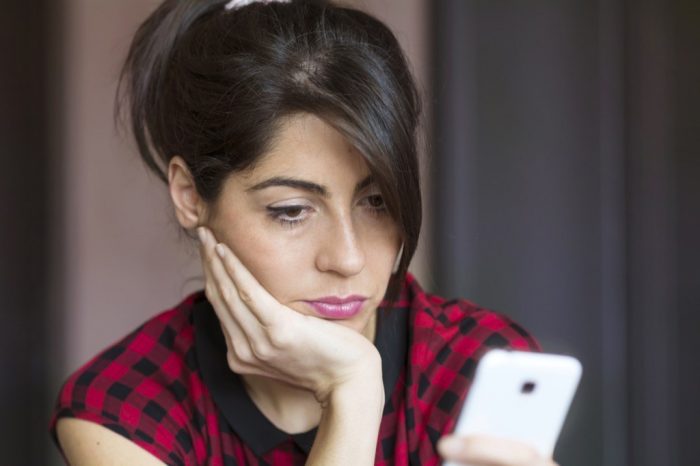You are most likely finding yourself sitting on your phone most nights each week, browsing through other people’s social media news feeds, checking what your closest friends are up to, and what their friends are up to, and their friends’ friends, and so on. It’s scrolling through other people’s photos that you may see happiness, adventure, family, maybe an old love interest.
Suddenly this heavy feeling overwhelms you, your heart drops down to your stomach, and you feel a profound sense of despair. You’ve been hunched over your phone all night and realise you’re all alone. You haven’t caught up with anyone for weeks. You don’t feel happy like your friends seem in their photos. You feel totally isolated.

Real world interactions seem challenging at a time like this, where COVID-19 is really pushing us all to interact less, and rely more on connection through online avenues, especially social media. But have you really thought what will come from being online so much more, and engaging with people face to face less?
The result is less engagement, less connection, with the outcome being quite isolating.
Even before COVID-19 hit, social media use has replaced much of our real-world interactions. Being on social media gets in the way of the opportunity to fully engage with others, maintain fulfilling relationships, and feel a true sense of belonging. Research has shown that people who spend more than 2 hours each day on social media are twice as likely to feel socially isolated than those who spent 30 minutes or less per day**.
Loneliness is ever increasing in Australia*. So what are the effects on your health?
- Low-self esteem
- Reduced Life Satisfaction
- Anxiety
- Depression
- Reduced quality in relationships
- Decline in your overall wellbeing
How to stay connected without using social media –
- Focus on quality over quantity – try building more meaningful relationships with people you already know, e.g. acquaintances, work colleagues, members of your sporting team, or family friends. Use Facetime as a way to connect remotely.
- Check in with someone already in your contacts list by sending a personal message. Ask how they are and what they have been up to. Aim to make a plan to catch up in person, as you can still do this with social distancing.
- Reduce your time on social media by engaging in a recreational activity or picking up a new hobby. Not only will you potentially meet like-minded people, but this will help build your confidence in starting conversations, talking about yourself, sharing information, and finding common interests.
- Be curious – get to know people around you by asking them questions, and discovering their interest areas. This may take the pressure off you to say all the right things, or keep the conversation going.
- Don’t give up! If someone you’ve reached out too seems unresponsive or uninterested, try again later.
- Once you have made a close friend or two, be persistent by continuing to give the friendship your time and attention, ensuring that you make the effort to get out and see them in person.
Reflection
Reflect on the efforts you’ve made in the past, and what might have been helpful or unhelpful. Did you give up too soon? Or were your expectations too high? Consider what qualities you are looking for in others, and try make connections based on these valued traits.
Written by Rebecca Deane – Principal Clinical Psychologist – www.creatingchange.net.au
*Lifeline
**Primack and colleagues

